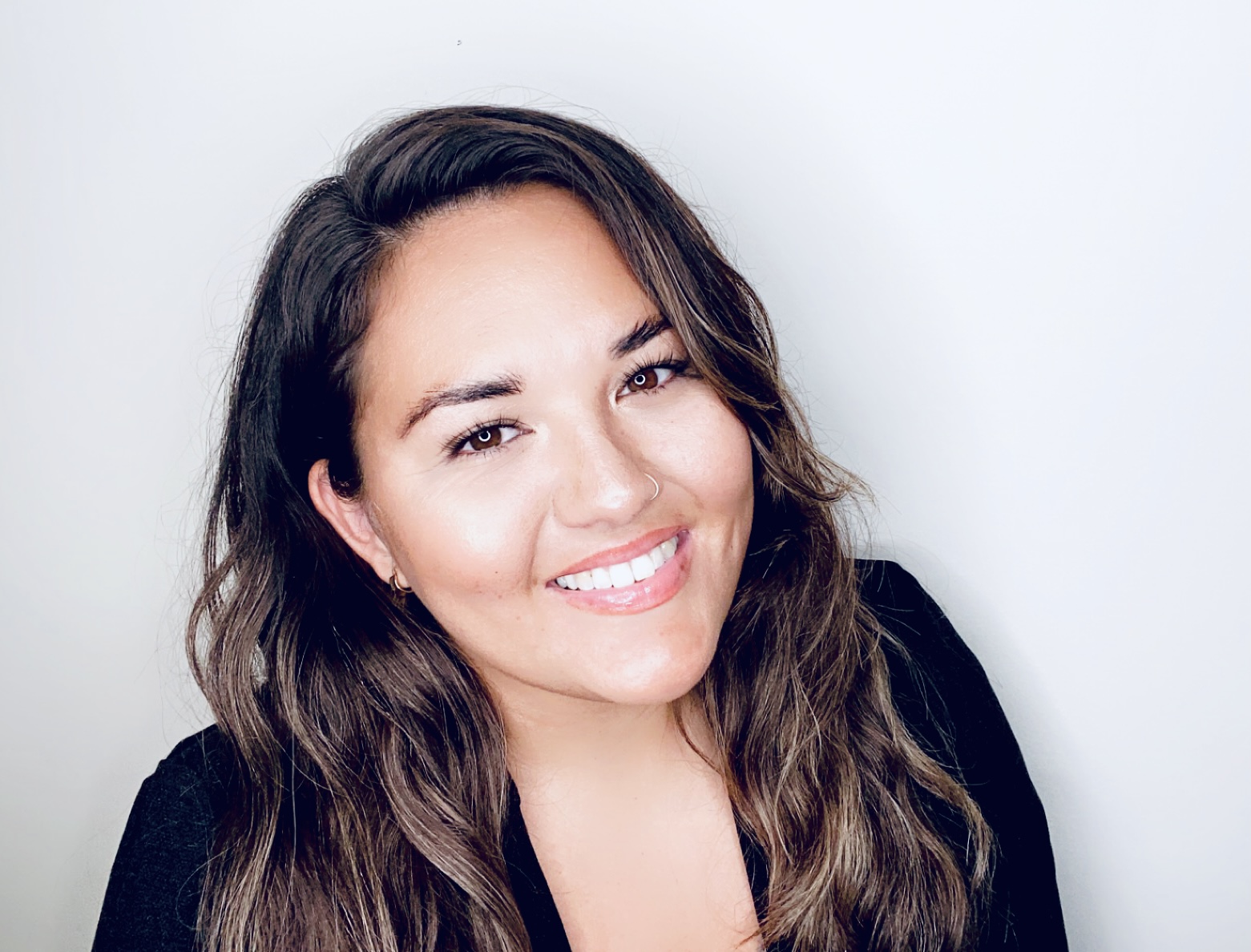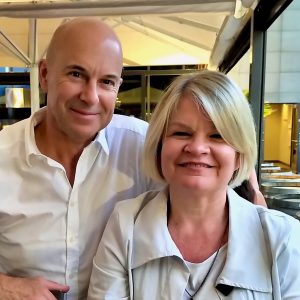
Sage Thomas
Sage Thomas wants to create a birthing center for her community of Tk’emlúps te Secwépemc and surrounding communities in the Interior of British Columbia (B.C.).
A mother of three and first-year student in the UBC Midwifery Program, Thomas is building on her decade-long career as an Indigenous birth worker to offer her community similar care to what she received from the midwives who attended her births.
“Midwifery is about meeting clients where they are at… and being supportive of their birth choices and their place of birth too,” Thomas explains. “We offer families evidence-based information and the recommendations on their prenatal care but we also support them if they choose not to birth in the hospital.”
In rural and remote territories, midwifery care can be limited or unavailable. Families often have to travel long distances to hospitals in urban centers well before their due date, effectively separating them from their existing support networks. Adding to this stress, past experiences of discrimination or mistreatment within the health care system can increase apprehension around the possibility of having a good birthing experience in hospital.
An increase in community-based midwives and birthing centers such as the one Thomas envisions would fill a growing need for culturally safe, regionally rooted spaces to honour parents’ birth choices.
“Families would be able to come and stay in the birthing suites with whomever they choose,” she says. “We could really focus on bringing in all aspects of our culture and knowledge around birthing by involving Elders, nurses, birth workers and doulas.”

Maija Leivo and Ian Herring
A community of physical, emotional, cultural and social support that respects and reflects the people involved can help build confidence and maintain a continuity of care following labour and birth. It is precisely the type of maternal health care that UBC donor Maija Leivo and her husband Ian Herring wanted to support when they established an entrance award to recognize visionary students like Thomas.
Even before it was an accepted option, Leivo knew she wanted her birth plan to include a home birth attended by midwives. In the months leading up to the births of her son and daughter, Leivo and her midwives developed a trusting relationship through clarifying and affirming her specific needs every step of the way.
“Panic is the enemy of a good birth. Midwives remind you that what you are experiencing is totally normal and that your body is designed to do this. Whether it’s your first pregnancy or your third pregnancy, midwives can really hold space for you to do what you need to do.”
Her midwives’ steadying presence carried Leivo through many firsts as a new mom. During their first night home from the hospital, when her newborn son was struggling to latch, Leivo held on to the promise of her first post-natal home visit.
“He was crying. I was four days post-surgery. It was so hard – it probably was one of my toughest nights as a parent,” she remembers. “But the thing that kept me going was our midwife. I kept thinking: she’s coming in the morning. She will be here at 8:30 a.m. He’s not going to starve before then. It’s going to be okay. Those thoughts brought me so much comfort that night.”
Now that their children are grown, Leivo and Herring have focused their attention on the future.
“Midwives provided my family with a very good start,” Leivo reflects. “Our interactions during those prenatal appointments helped me build confidence in all of the choices I would have to make as a parent. We want to support the next generation of midwives to empower families and give babies the best possible start.”
As one of the first recipients of the Maija Leivo and Ian Herring Entrance Award in Midwifery, Thomas looks forward to expanding her role as a trusted source of support and advice to expecting and new parents in her community, and contributing to a broader vision for health care at home.
“I want people from Indigenous communities to see what is possible. I want them to see that we can reclaim birth. I want them to see other Indigenous people working in medicine. I want them to see that we can have more doctors, midwives and nurses in our communities.”
For more information about supporting midwifery education and research at UBC, please contact Stephanie Cardwell at stephanie.cardwell@ubc.ca.